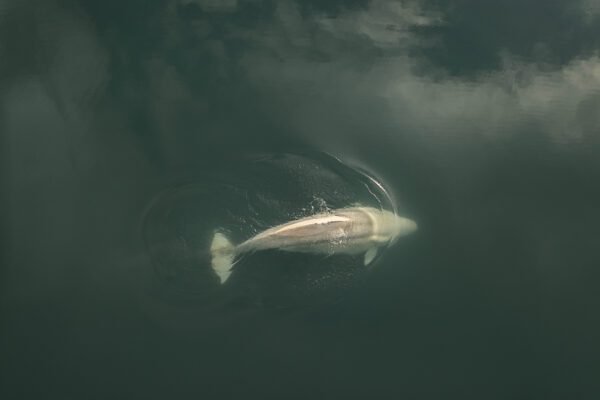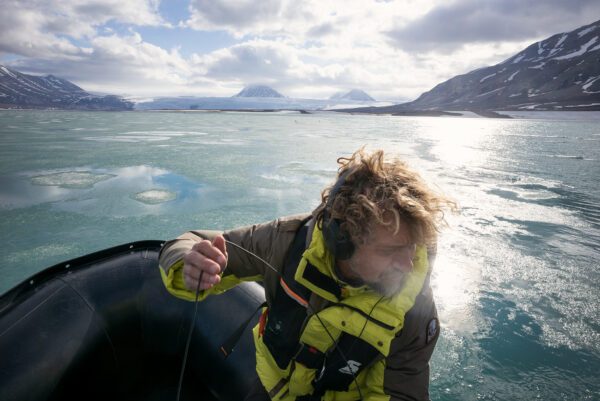Protecting MPAs from pollution
The oceans and climate change are closely linked. The oceans sequence carbon, it is our life support system. Marine Protected Areas (MPAs) are created to defend, but if pollution flows into them, protection rings hollow.
This project seeks to conduct a scientific investigation of how pollution flows to the Mesoamerican reef from inland on the Yucatán Peninsula into the Mexican waters. The reef is under pressure from multiple stressors and a major issue is excess nutrients from wastewater feeding microalgae killing the corals.
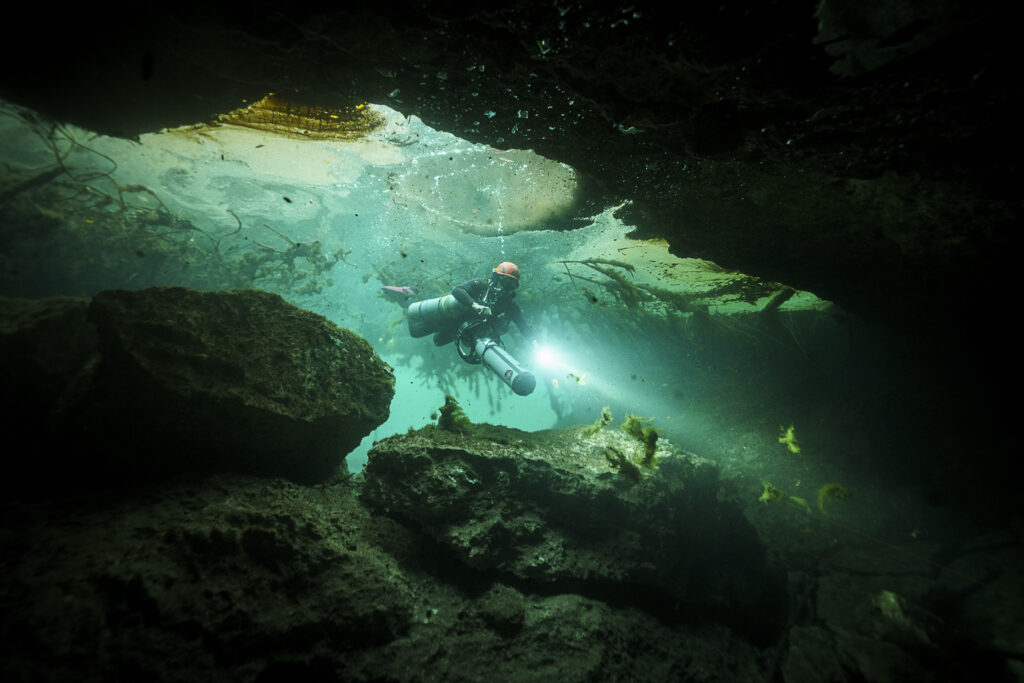
Wastewater enters the inland aquifer and flows through many ecosystems ending on the ocean and the reef. If this could be limited, the reefs will become more climate change resilient. A healthy reef is key for local communities. Clean water is the first logical step. Stopping pollution deals with the root cause and help the oceans become better equipped in dealing with the impacts of climate change.
However, how the water flows is a mystery and establishing the movement requires a mix of scientific rigor and exploration; conducting cave dives, using dye traces and more. With urban development exploding in the area, this work is becoming urgent.
Project Pressure 2024 Expedition to Rwenzori Mountains
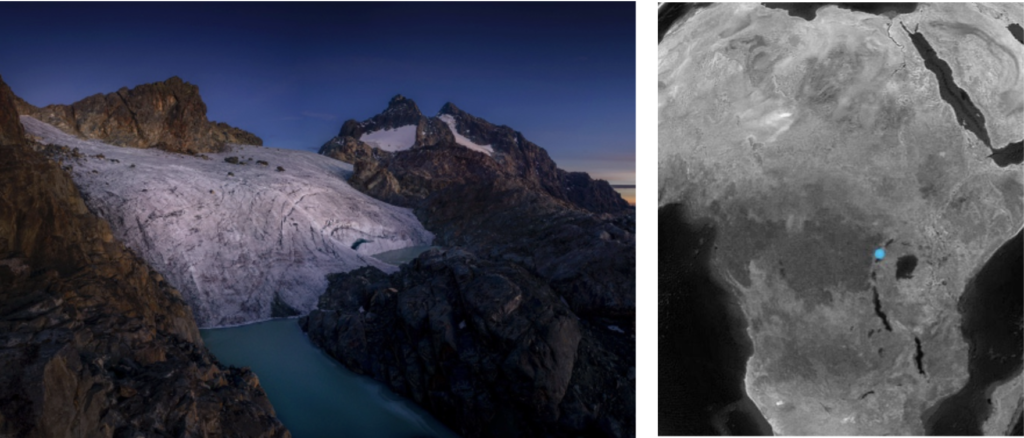
The Rwenzori Mountains – also called the Mountains of the Moon – are located mere kilometres from the equator, their significant elevation enables glaciation, with peaks rising to around 5,000 meters.
Embarking on an expedition to the Rwenzori Mountains, is a journey into one of Earth’s last undisturbed frontiers. Nestled along the border of Uganda and the Democratic Republic of Congo lies one of Earth’s most remote and enchanting regions: the Rwenzori Mountains.
The highest peak of the Rwenzori reaches 5,109 metres (16,762 ft), and the range’s upper regions are permanently snow-capped and glaciated. The Rwenzori Mountains are the highest and most permanent sources of the River Nile and constitute a vital water catchment one of the largest single and most significant water catchment areas in Uganda, and the East African region at large.
Over 5 million people in the Rwenzori region depend on this mountain source for household water usage. However, due to prolonged periods of political instability and civil conflict in the area, the glaciers adorning these peaks have remained largely uncharted. It is beyond doubt the glaciers are melting due to climate change, but at what rate and how much glaciers mass is left is unclear. Acquiring data on glacier recession in the Rwenzori Mountains will help future responses to climate change.
The Undetected Ocean Change
The largest ecosystem change in modern history could have happened already without us knowing. After years of initial research, we are going into the next phase of this important research project. Our research suggests that Earth’s marine ecosystem, the largest of Earth’s aquatic ecosystems, has transformed and become deficient in a vital nutrient. This undetected systemic issue is not a small matter.
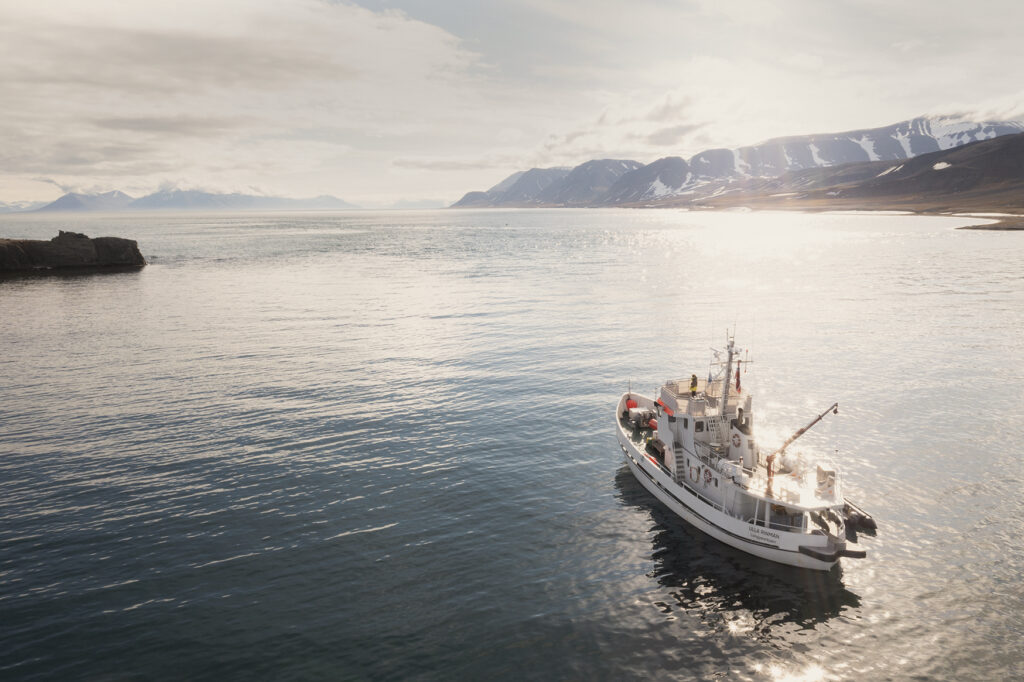
This deficiency has been documented in multiple animal species in the northern hemisphere in this century: Birds develop neurological defects, fish have their flesh eaten due to a weak immune system, deer reduce their food intake and die. This could also be the key to solving the mystery of why whales are stranding and dying in large numbers. What seems like isolated unexplained incidents across the globe could indeed be explained by our overarching, systems-focused approach.
Our interdisciplinary team is united by the common goal of unveiling the issue in the marine ecosystem. Visionaries in biochemistry, systems-thinking, fisheries management, and citizen science data gathering are working across disciplines to solve systemic puzzle and are working together to perform a comprehensive research project to uncover the unknown at the forefront of this scientific field.
The project is endorsed by influential institutions and foundations such as the Department of Environmental Sciences at Stockholm University, the Global Ocean Trust and the Lighthouse Foundation.

